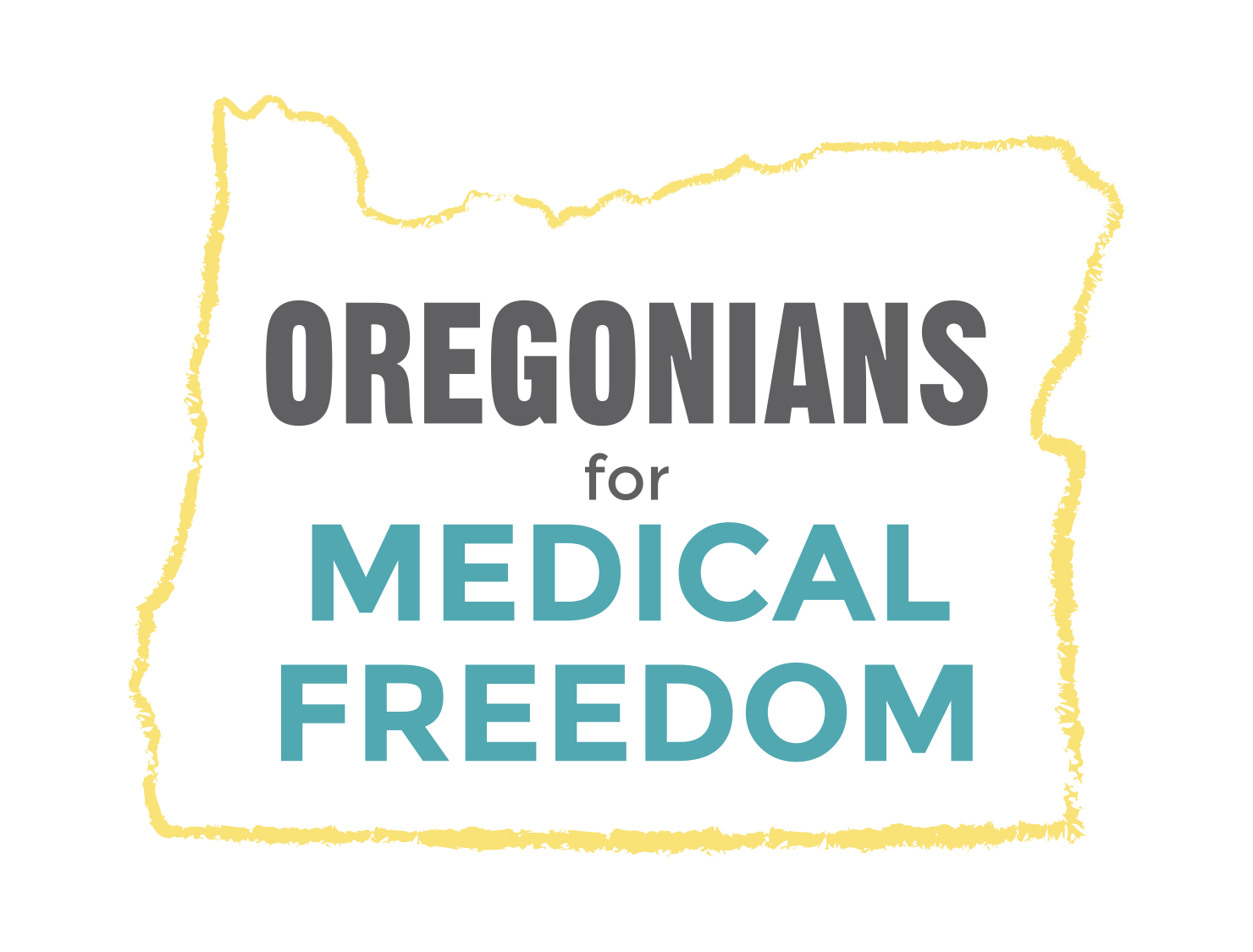HB 4157 – ACTION ALERT – CALLS AND EMAILS NEEDED IMMEDIATELY! – OPPOSE
MANDATES MENINGOCOCCAL VACCINE IN SCHOOL CHILDREN
PLEASE EMAIL AND CALL the House Committee on Health Care letting them know you oppose Section 3 of this bill before February 28th.
ATTEND IN PERSON the work session and public hearing scheduled for Wednesday, February 28th @3pm in HR F
The language we oppose:
SECTION 3. Rules adopted by the Oregon Health Authority pursuant to ORS 433.273 must require the following immunizations: (1) Meningococcal conjugate vaccine for a student who is 11 years of age or older; and (2) Serogroup B meningococcal vaccine for a student who is 10 years of age or older.
We support Section 1 and 2 requiring the vaccines to be covered by health insurance, as this will allow for parental CHOICE if they would like their child to receive this vaccine under their health plan.
Section 3 is an unnecessary mandate and only adds the growing list of required vaccines for Oregon school children.
Reasons we are opposed to Section 3:
Voluntary use of the vaccine is increasing in Oregon. In 2010, 52.4% of adolescents 13-17 years had received the vaccine and in 2016, 70.5% of adolescents had received the vaccine (up 18.1% in 6 years).[1,2] If health plans were to be required to cover the vaccines, voluntary use will only continue to go up further.
Of the 8 cases of meningococcal have been reported 2 on since fall 2016 (period of 16 months), 1 student was too young to have received any vaccine. Per the Oregon Health Authority, the disease is rare. “Although Oregon’s meningococcal disease rates are above the national average, it is still uncommon here. Case rates have been declining ever since 1994, when 136 cases were reported statewide.” [4]
A follow-up study done in Oregon related to college campus outbreaks of meningococcal, found “that MenB-FHbp and MenB-4C do not have a large, rapid impact on meningococcal carriage and are unlikely to provide herd protection in the context of an outbreak response.” [5]
Invasive meningococcal infections are very rare in the U.S. with 350 – 550 on average and affect individuals with certain genetic, biological and environmental risk factors. [6]
The disease is not spread through casual contact or breathing the air where a person has been but requires sustained, close personal contact, such as kissing or sharing a toothbrush. School classmates, those living in other dormitory rooms, and healthcare workers attending the case are generally not at elevated risk. [4]
Meningococcal organisms are naturally present in the nasal passages of humans. The
vast majority of children and adults colonize the bacteria without symptoms and then are
protected from invasive meningococcal infections. Per the Oregon Health Authority, in some communities up to 25% of people can be carriers. [4]
Email list, be sure to include the committee exhibit email:
Rep.MitchGreenlick@oregonlegislature.gov
rep.cedrichayden@oregonlegislature.gov
Rep.RobNosse@oregonlegislature.gov
Rep.TeresaAlonsoLeon@oregonlegislature.gov
Rep.DenycBoles@oregonlegislature.gov
rep.knutebuehler@oregonlegislature.gov
Rep.BillKennemer@oregonlegislature.gov
Rep.AlissaKenyGuyer@oregonlegislature.gov
Rep.SheriMalstrom@oregonlegislature.gov
Rep.AndreaSalinas@oregonlegislature.gov
Rep.RichVial@oregonlegislature.gov
hhc.exhibits@oregonlegislature.gov

